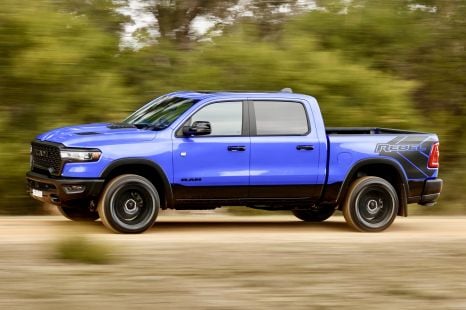

Max Davies
2026 Ram 1500 Rebel review
5 Days Ago
Apple's electric car is still coming, but it now reportedly won't lob until 2028, and it won't be as autonomous as previously planned.

Contributor
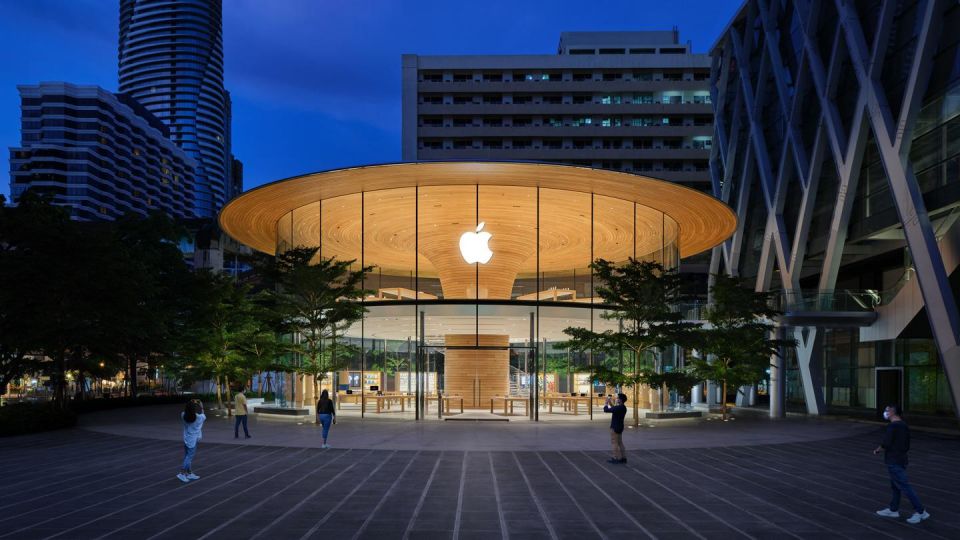

Contributor
Apple’s top-secret electric car project, codenamed Titan or T172, has reportedly been hit with yet another delay.
According to Bloomberg, the tech giant is reportedly pivoting to a more mainstream design and plans to adopt simplified tech in the hopes of finally launching its first-ever electric car.
Apple’s electric car, which was tipped to be launched in 2026, has now reportedly been pushed back until 2028 at the earliest.
Sources who work for the company claim Apple has decided to focus its efforts on Level 2+ autonomous driving tech instead of a full driverless experience which it previously had set out to achieve.
According to a source inside the company, Apple still plans to introduce Level 4 autonomous driving capabilities, but at a later date.
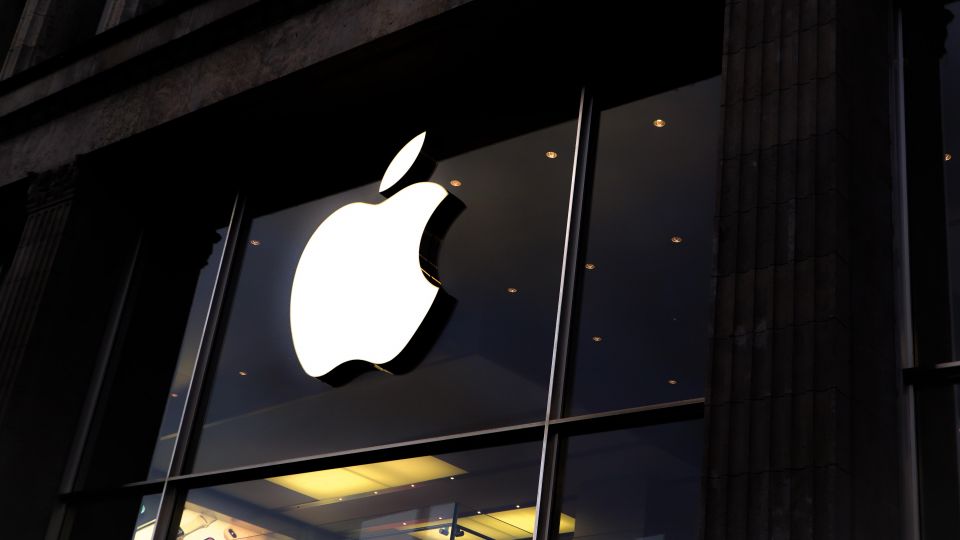
Despite dropping hundreds of millions of dollars into “Titan” every year between salaries, closed road testing, cloud-based systems for controlling the self-driving software, and engineering for parts and chips, the company has yet to reveal a formal prototype or even officially announce its plans to launch a car.
Bloomberg reports the company, however, has started meeting with European manufacturers in light of its new strategy.
The new, less ambitious strategy was reportedly devised after a series of meetings with project boss Kevin Lynch, Apple CEO Tim Cook and the company’s board after questions surrounding the car plan circled for several months in 2023.
The report claims Apple managers are hopeful the new strategy can finally bring the project to life, though executives are reportedly concerned the electric car won’t have profitability as high as its iPhone and other tech products.
Due to a string of redundancies, changes in strategy, and delays, the project has seen a series of leadership changeovers since work began in 2014.
Apple hired a series of employees from other carmakers to work on its electric car, including Doug Field who ran engineering from Tesla. He has since moved to Ford Motor Company to oversee its electric vehicle efforts.
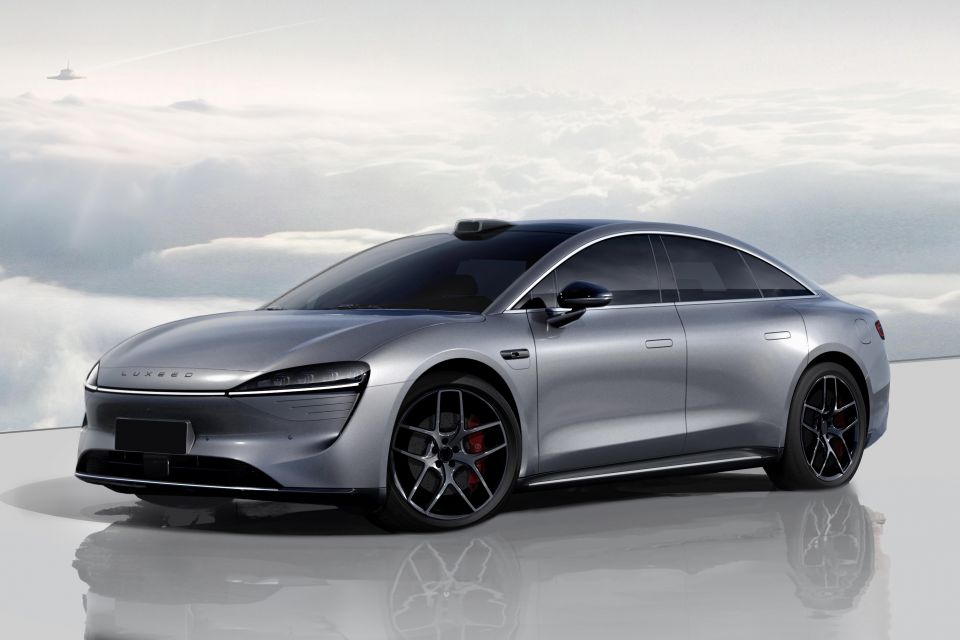
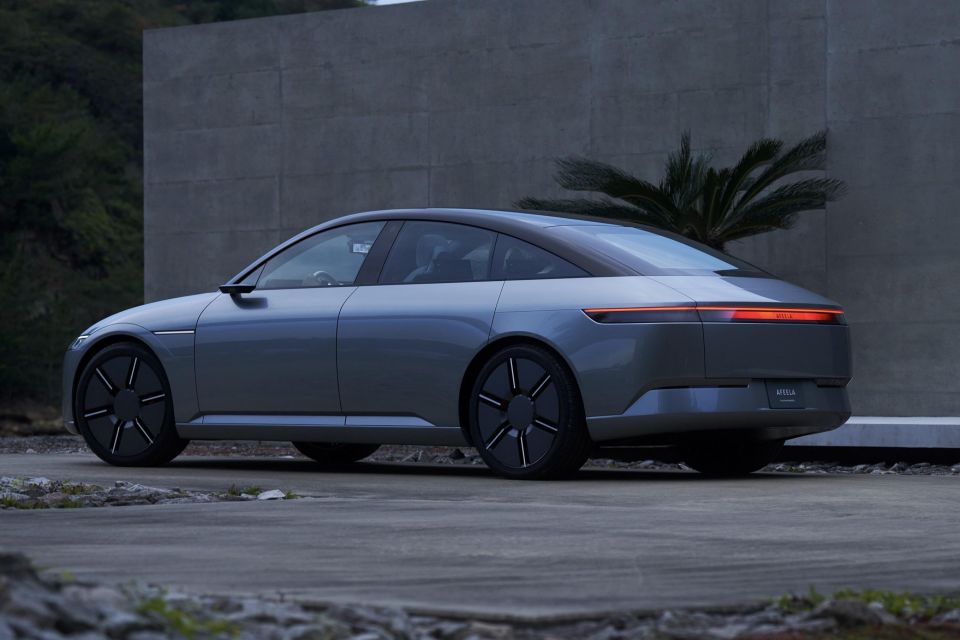
Technology companies like Huawei and Sony are also getting into the electric vehicle world.
Chinese tech giant Huawei, best known for its mobile phones, teamed up with Chery Automotive to develop the Luxeed S7 electric sedan, which features a digital cockpit powered by Huawei’s HarmonyOS 4.0.
It also has a LiDAR unit on the roof, and in total 11 HD cameras and 12 ultrasonic radars to support the model’s active safety and driver assist technology.
The Huawei ADS 2.0 is claimed to allow the vehicle to drive up to 200km without intervention, with Navigation Cruise Assist supporting autonomous city and highway driving.
Sony has established a joint venture with Honda to make electric cars under the Afeela name.
The first Afeela EV from Sony Honda Mobility Inc will be a sleek sedan with a targeted 2025 start of production.
The joint venture says it aims to create the world’s best Level 3 automated driving suite by combining Sony’s sensors and Honda’s ADAS safety systems.
Jade Credentino is an automotive journalist currently based in Melbourne, Australia. Jade has had a chance to review a variety of vehicles and particularly enjoys SUVs. She enjoys traveling and going on road trips exploring Australia.


Max Davies
5 Days Ago
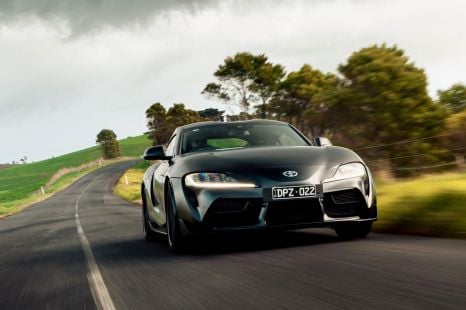

Max Davies
4 Days Ago
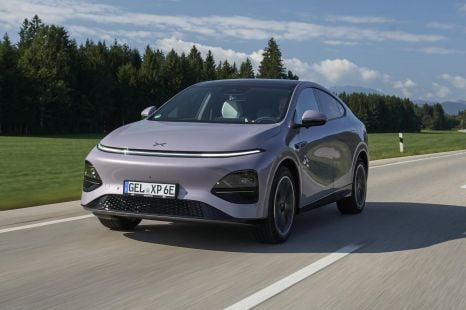

Neil Briscoe
3 Days Ago
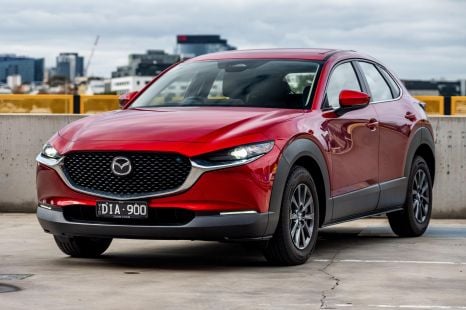

Max Davies
2 Days Ago
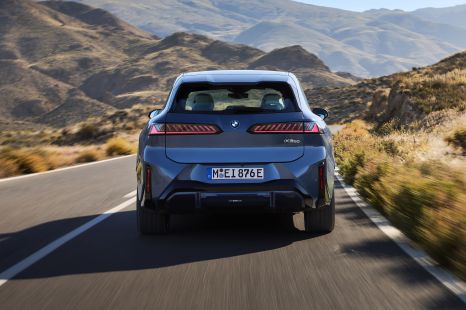

Alborz Fallah
12 Hours Ago
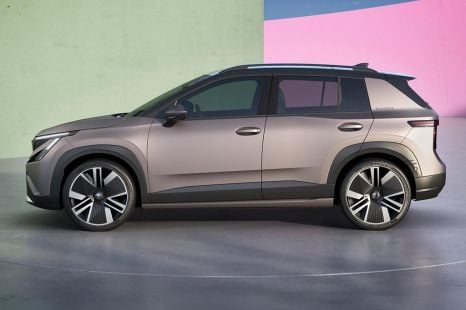

Damion Smy
12 Hours Ago